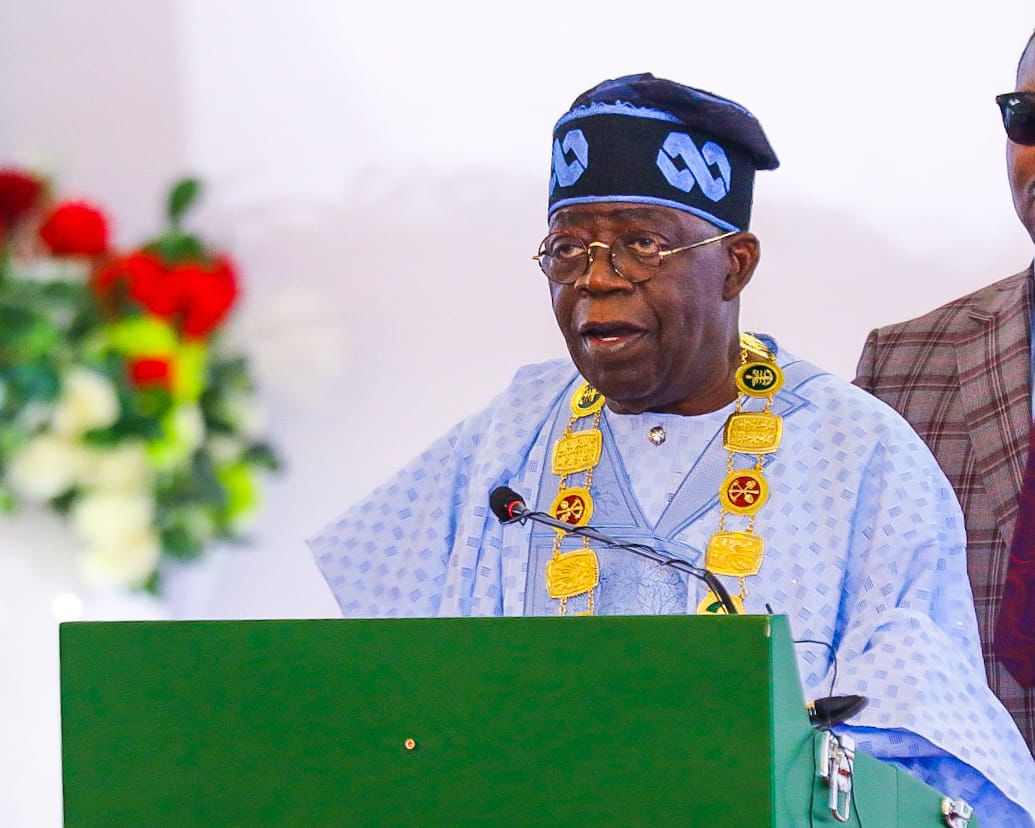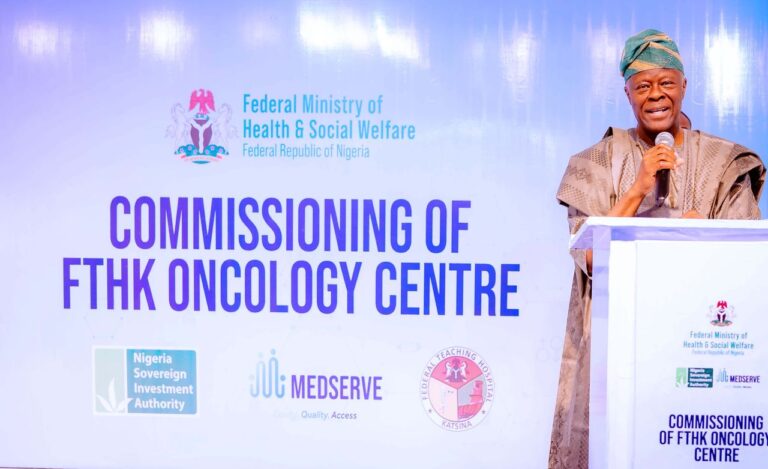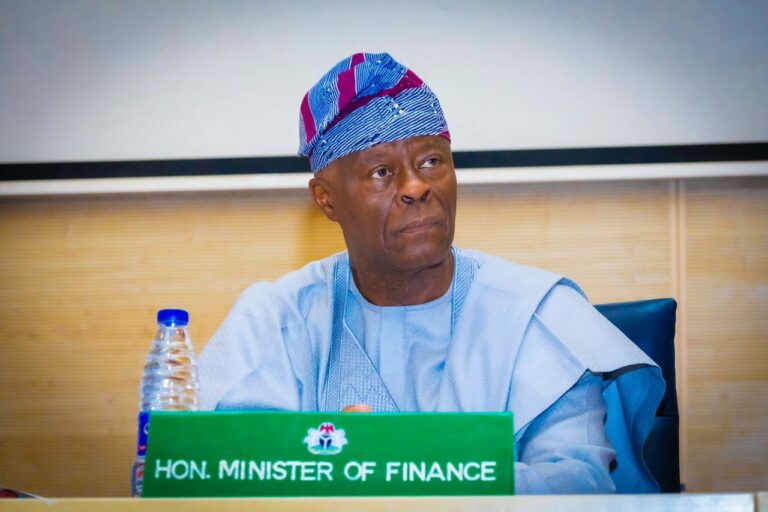LAGOS, August 6, — Nigerian President, Bola Ahmed Tinubu has signed the Nigerian Insurance Industry Reform Act (NIIRA) 2025 into law, a transformative step toward modernizing Nigeria’s insurance sector and advancing the nation’s $1 trillion economy ambition.
Announced on Tuesday by Bayo Onanuga, Special Adviser to the President, the Act consolidates outdated laws, including the Insurance Act of 2003, into a unified framework to enhance financial stability, transparency, and global competitiveness.
The NIIRA 2025 introduces critical reforms to strengthen the insurance industry. It sets stringent capital requirements—N25 billion for non-life, N15 billion for life, and N45 billion for reinsurance businesses, up from N10 billion, N8 billion, and N20 billion, respectively—to ensure financial resilience.
Alternatively, firms can adopt risk-based capital models as set by the National Insurance Commission (NAICOM). The Act enforces compulsory insurance policies, promotes full digitization to improve access and efficiency, and establishes a zero-tolerance policy for claims delays.
Also creating policyholder protection funds to safeguard consumers during insurer insolvency and expands Nigeria’s participation in regional schemes like the ECOWAS Brown Card System.
NAICOM, tasked with implementing the Act, aims to boost insurance penetration, currently below 1%, and unlock the sector’s economic potential.

The Nigerian Insurers Association reported a 56% surge in gross written premiums to N1.562 trillion in 2024, with total assets at N3.9 trillion, signaling robust growth prospects.
The Act, passed by the Senate in December 2024 and the House in March 2025, has been hailed as a “game-changer” by NAICOM, with industry leaders like Kunle Ahmed of the NIA pledging collaboration to develop innovative products.
Part of the Renewed Hope Agenda, the NIIRA 2025 is expected to attract investments, enhance consumer confidence, and position Nigeria as a leading African insurance hub.
However, higher capital requirements may challenge smaller firms, potentially leading to mergers or market exits. Effective enforcement by NAICOM will be crucial to achieving these goals amid Nigeria’s economic challenges, including a 2025 borrowing plan of $21 billion in foreign loans and N750.98 billion in bonds. The Act’s success will hinge on seamless implementation to drive inclusive growth and support Nigeria’s economic vision.













